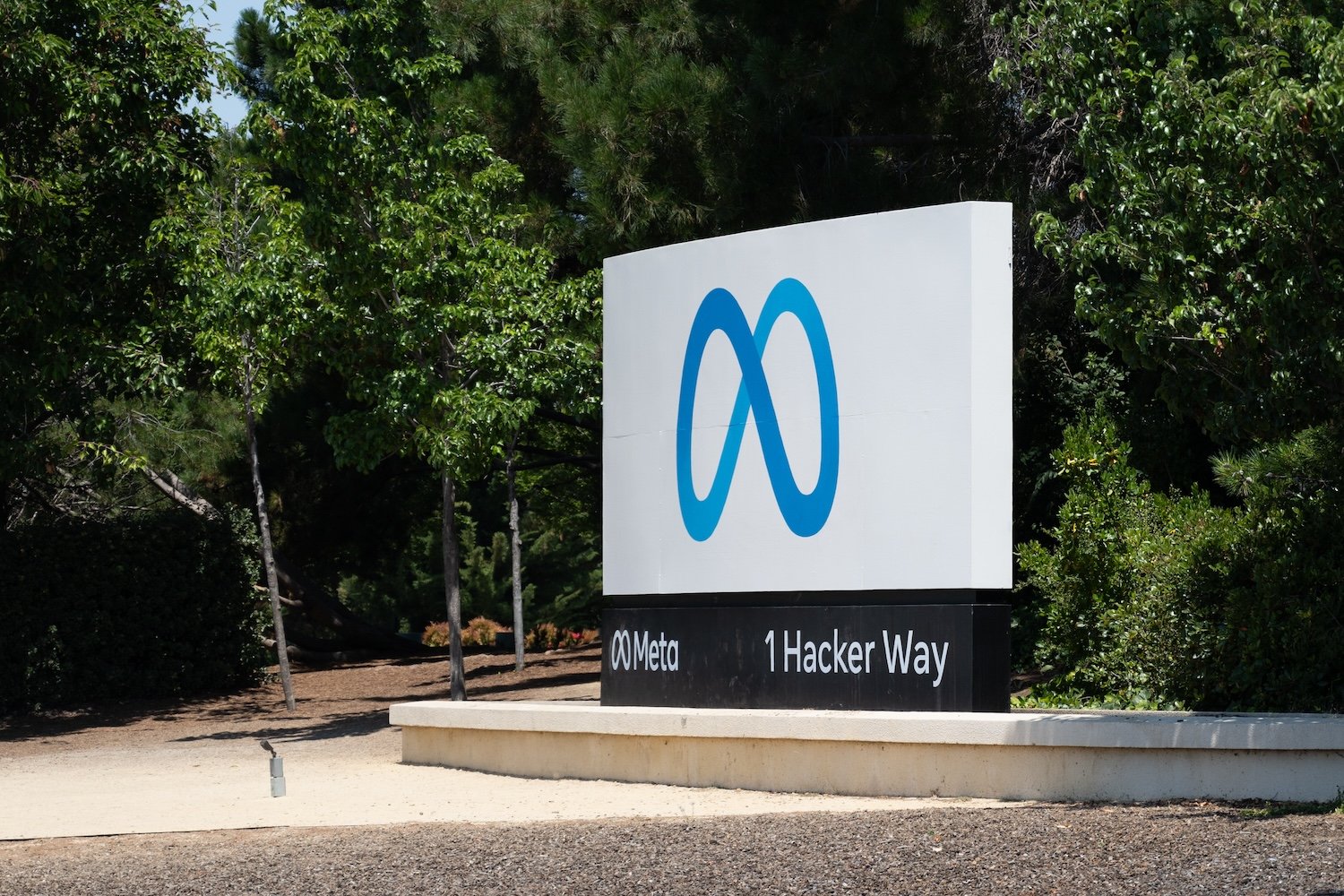Introduction to Llama 4
Meta has announced that its latest AI model, Llama 4, exhibits reduced political bias compared to its predecessors. This achievement is partly attributed to the model’s ability to address more politically sensitive questions. Furthermore, Llama 4 is now comparable to Grok, a "non-woke" chatbot developed by Elon Musk’s startup xAI, in terms of its lack of political leanings.
The Goal of Reducing Bias
The primary objective of Meta is to eliminate bias from its AI models, ensuring that Llama can comprehend and articulate both sides of contentious issues without partiality. To achieve this, the company is continually working to make Llama more responsive, enabling it to answer questions and respond to diverse viewpoints without judgment.
Concerns Over Information Control
Skeptics of large models developed by a few companies have raised concerns about the potential control over the information sphere. The entity controlling the AI models can manipulate the information people receive, influencing public opinion. Although this is not a new phenomenon, as internet platforms have long used algorithms to surface content, it remains a significant concern. Meta, in particular, has faced criticism from conservatives who claim that the company has suppressed right-leaning viewpoints, despite the fact that conservative content has historically been more popular on Facebook.
The Development of Llama 4
In a recent blog post, Meta emphasized that the updates to Llama 4 are specifically designed to reduce the model’s liberal bias. The company acknowledged that leading language models have historically leaned left on debated political and social topics due to the types of training data available on the internet. However, Meta has not disclosed the data used to train Llama 4, which is known to rely on pirated books and unauthorized website scraping.
The Issue of False Equivalence
One of the challenges in optimizing for "balance" is the potential creation of false equivalence, where bad-faith arguments lacking empirical, scientific data are given credibility. This phenomenon, known as "bothsidesism," can lead to the representation of fringe movements, such as QAnon, as having more significant support than they actually do.
The Pernicious Issue of Inaccuracy
Despite advancements, leading AI models continue to struggle with producing factually accurate information, often fabricating data and presenting it with confidence. This makes them unreliable as information retrieval systems, as they can spread misinformation and make it difficult to gauge the legitimacy of a website.
Bias in AI Models
AI models exhibit various biases, including issues with image recognition, such as struggling to recognize people of color. Women are often depicted in sexualized ways, and bias can also be observed in more innocuous forms, such as the frequent use of em dashes in AI-generated text. These biases reflect the popular, mainstream views of the general public.
The Future of Llama 4
As Meta seeks to curry favor with President Trump, the company is highlighting its efforts to make Llama 4 less liberal. This raises concerns about the potential for the model to promote misinformation, such as arguing in favor of unproven COVID-19 treatments. As users interact with Meta’s AI products, they may encounter a model that is willing to present questionable information as factual.
Source Link





